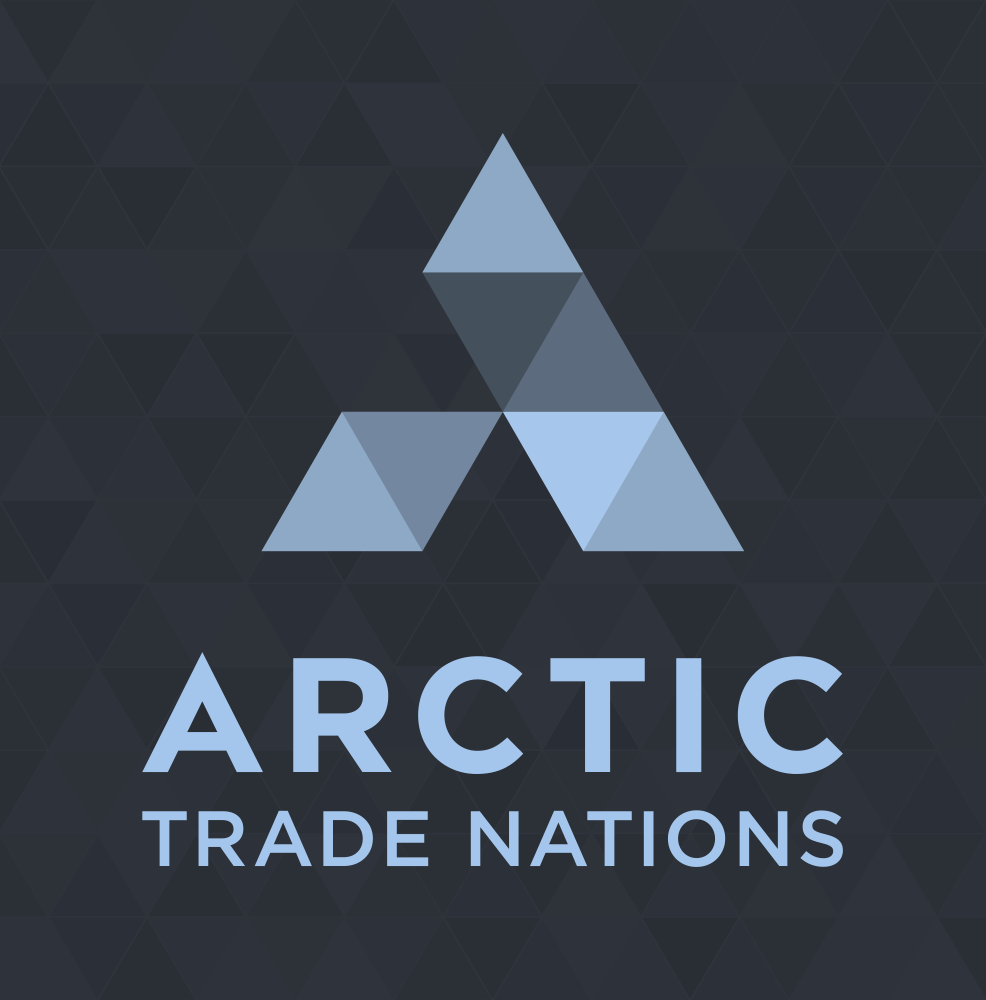Insights
The Arctic region, once considered a remote and inhospitable area, is rapidly emerging as one of the most important geopolitical and environmental focal points of the 21st century. As the ice continues to melt due to climate change, the region is experiencing profound transformations, with vast untapped resources becoming increasingly accessible and new shipping routes opening up. Despite the Arctic’s growing significance, there remains a notable gap in the attention it receives on the global stage. The flow of information and reporting on Arctic issues is insufficient for the scale of the challenges and opportunities the region presents.
The lack of comprehensive and real-time reporting on the Arctic is an alarming issue. While there are some scientific studies and international discussions surrounding the region, much of the coverage tends to be fragmented, with only occasional bursts of attention when significant events occur—such as the occasional oil spill or geopolitical dispute.
This limited focus is insufficient given the critical importance of the Arctic in shaping future climate patterns, global trade routes, and resource management. As the ice melts, we are seeing the emergence of new maritime pathways and the potential for massive resource extraction, but the environmental risks and long-term impacts are often underreported.

To effectively address the region’s challenges, there must be a shift toward more consistent and collaborative reporting. The Arctic is interconnected with global systems, from climate to security and commerce, yet the information flow is currently too segmented. Coverage often relies on narrow perspectives, focused either on national interests or specific industries. The absence of a coordinated, holistic reporting approach means that important environmental, geopolitical, and economic shifts may go unnoticed until they reach a critical point. This undermines the potential for proactive global action and informed policy decisions.
A true, comprehensive information flow for the Arctic would require a collaborative effort involving Arctic nations, international organizations, the scientific community, and the media. Greater transparency and cooperation in research, data sharing, and news coverage are essential for providing accurate, up-to-date reports about the evolving Arctic landscape. Only through coordinated efforts will the world be able to understand and address the complexities of this rapidly changing region.
One day, the hope is that the Arctic will receive the consistent, in-depth attention it deserves, as it is perhaps the most consequential and urgent environmental event we will face in the coming decades. The region’s future is intrinsically tied to global climate stability, biodiversity, and resource management. Its transformation will undoubtedly shape our world, and it is critical that the flow of information reflects this significance. More collaboration, transparency, and rigorous reporting will be vital to ensuring that the challenges and opportunities of the Arctic are fully understood and addressed on the global stage.
The Arctic Institute
Stay informed with the latest developments shaping the Arctic. From geopolitical shifts and economic trends to climate science and indigenous affairs, this page delivers in-depth analysis and real-time updates on the region’s evolving landscape. Drawing on research from The Arctic Institute, we provide expert insights into policy decisions, environmental challenges, and emerging opportunities in one of the world’s most strategic frontiers. Regular briefings, reports, and curated news summaries ensure that policymakers, researchers, and industry leaders have the information they need to navigate the Arctic’s changing dynamics. Established in 2011, The Arctic Institute is an independent, nonprofit organization headquartered in Washington, D.C., dedicated to promoting diverse voices and new ideas on Arctic policy.
World
Tracking the latest shifts in geopolitics, economics, security, and climate, this page delivers real-time updates and in-depth analysis on the world’s most pressing issues. From diplomatic relations and trade agreements to technological advancements and environmental challenges, stay informed on how global events shape industries, governments, and societies. With expert insights and comprehensive reporting, this section provides the essential context needed to understand the fast-changing international landscape. This information is sourced from Mongabay, an independent media organization specializing in environmental science and conservation news, founded in 1999 by Rhett Ayers Butler.
Collaborate
Arctic Trade Nations is always looking to connect with researchers, writers, and professionals who are passionate about the Arctic and its evolving role in trade, geopolitics, and sustainability. If you have insights, analysis, or expertise to contribute, we’d love to hear from you. Whether you’re interested in writing, research collaborations, or sharing industry perspectives, reach out to us to explore how we can work together. Contact us to be part of the conversation shaping the future of the Arctic.
